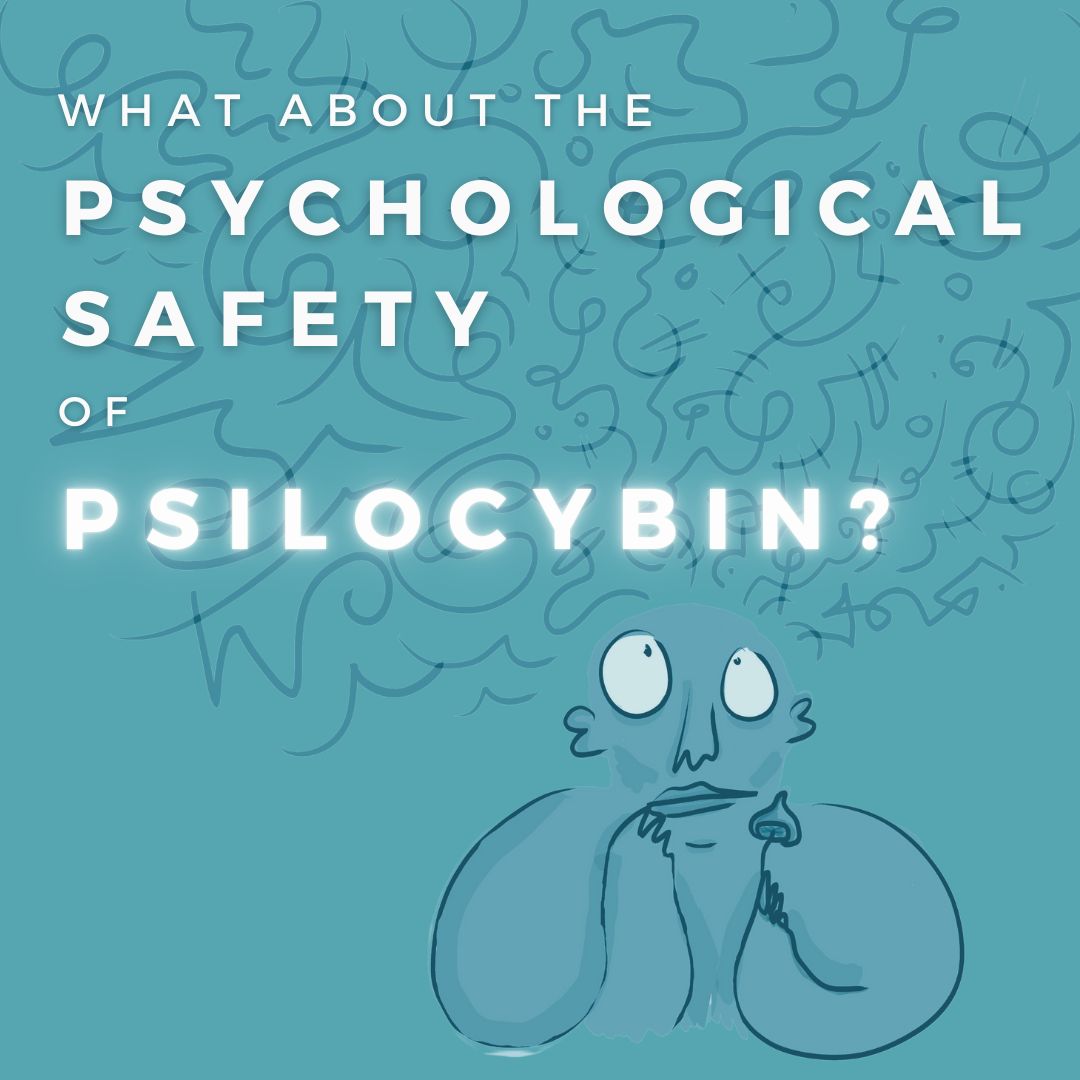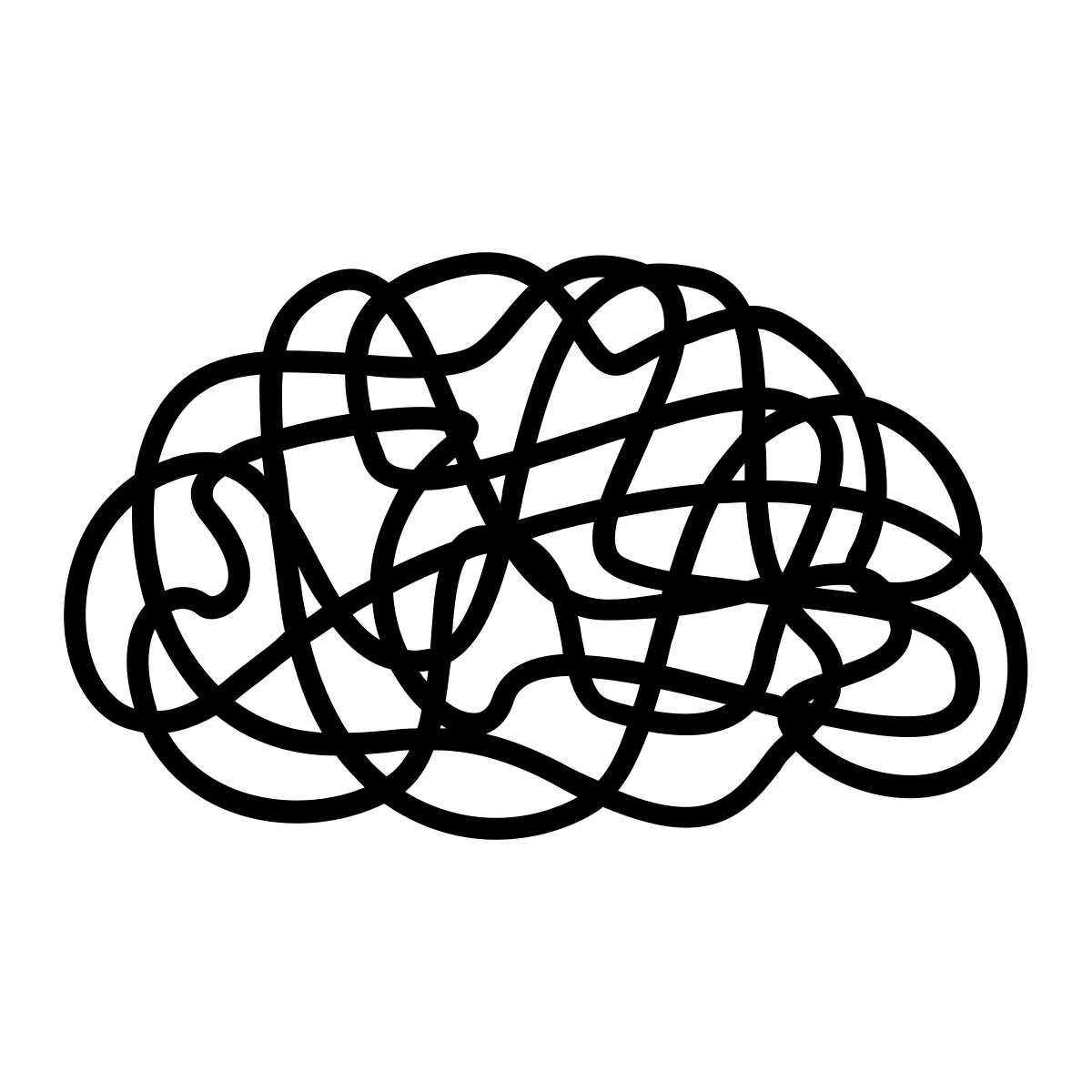
Explore the World of Plant Medicine and Psychedelics. A Weekly Digest of Exclusive Stories, Insights, and Research.


🎉 Top Weekly Blog!
Our Top Psychedelic and Plant Medicine Blog from Webdelics
The Webdelics website has over 160+ evidence-based, research-backed blogs that were intentionally written to give you the facts, not just our opinions.
📚 Here is this week’s top blog on our site, rated by our readers:
🗯 We’re still in the early phases of this movement… And there’s still A LOT of information to be shared. Stay tuned!

Take Charge of Your Health in 2025.
A new year is the perfect time to focus on your health and wellness goals. Lumen, the world’s first handheld metabolic coach, is here to help you jumpstart your journey to a healthier you. By analyzing your breath, Lumen provides personalized insights into your metabolism, empowering you to make better choices every day.
Imagine starting your day with tailored nutrition recommendations designed to meet your unique metabolic needs. Whether you want to improve energy, optimize your metabolism, or feel your best, Lumen is the tool to help you succeed.

📜 Top Article
The Psychological Risks of Taking Psilocybin Mushrooms

Psilocybin, the psychedelic compound in magic mushrooms, is widely recognized for its potential to facilitate profound and meaningful experiences…
But alongside its therapeutic promise and safety profile, there are critical psychological risks to consider, from “bad trips” to the possibility of triggering psychosis in susceptible individuals.
There’s a lot of hype around the adverse outcomes commonly associated with psilocybin, which warrant further explanation and clarification…
🫠 Challenging Experiences (“Bad Trips”)
A so-called “bad trip” can involve intense emotions, fear, or paranoia.
While these experiences may feel distressing in the moment, some users later view them as significant opportunities for self-reflection or growth.
Nonetheless, a difficult journey can also be destabilizing or traumatic, making preparation a key aspect of ensuring a safer experience.
🖼 The Importance of Set and Setting
In clinical research and studies, most people who use psilocybin report positive and transformative experiences.
Having a trusted guide or trip sitter on hand can help if difficult emotions arise, providing reassurance and a grounding presence.
Set and setting play a crucial role in shaping the nature of the psilocybin experience. By adhering to it, users can exert a degree of influence over their experience.
For example, maintaining a positive mindset and ensuring a safe, comfortable, and supportive environment can significantly reduce the likelihood of a bad trip and promote more positive outcomes from the psilocybin journey.
While no foolproof measures exist to eliminate the possibility of a challenging experience entirely, acknowledging the significance of set and setting can empower individuals to approach psilocybin experiences with a greater sense of mindfulness and responsibility, thus improving outcomes.
💔 Psilocybin and the Risk of Psychosis
Psilocybin may trigger or worsen psychotic disorders in predisposed individuals, but such cases are rare, especially under strict clinical protocols.
In clinical trials, participants are carefully screened, and those with personal or family histories of psychosis are generally excluded.
Research shows psychedelic-assisted therapy is generally safe, with no long-term psychosis reported in trials.
While severe reactions are rare and have not been documented as lasting beyond the study period, the potential risk underlines the value of cautious, informed use.
Although severe reactions can occur, these safeguards help minimize risks and protect patient well-being.
⚖ Legislation, Personal Risk Factors, & Mitigation
With psilocybin gaining traction for therapeutic use and becoming decriminalized in some regions, more people are exploring it outside controlled clinical settings.
This can increase the likelihood of bad trips or adverse reactions if proper safeguards aren’t in place.
Psilocybin users generally need fewer emergency medical interventions than users of other recreational drugs, and severe long-term consequences are rare.
Early research indicates psilocybin, LSD, and MDMA may be less harmful than alcohol within specific contexts.
Still, psychedelics can trigger psychotic episodes in predisposed individuals, often linked to personal or family histories of psychotic disorders.
As psychedelic use grows outside clinical settings—fueled by evidence of therapeutic benefits—several jurisdictions have decriminalized psilocybin, with Oregon legalizing it for therapeutic use in 2019.
Increased availability may raise bad trips and adverse effects, especially without clinical safeguards.
Recreational and new users should consider:
Family history of psychotic or bipolar disorders,
Personal history of psychosis, mania, or severe anxiety,
Consultation with mental health professionals for risk assessments.
These steps help users understand potential risks and make informed decisions about psychedelic use.
🛣 Where To Go From Here…
Psilocybin can be a powerful tool for self-exploration and personal growth, but it’s essential to remain aware of the psychological risks.
By respecting its potential, educating yourself, and creating the right environment with a psychedelic-assisted therapist or integration coach, you can help ensure that a psilocybin experience is both meaningful and safe…

💬 We will leave you with this…
As Carl Sagan stated, “Somewhere, something incredible is waiting to be known.”
Challenging our beliefs and knowledge is essential for finding the truth, especially in a crowded space like plant medicine and psychedelics.
Until next time…



